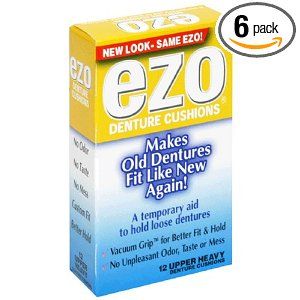As a music student, I'm constantly bombarded with directions to change how I hold and use instruments. As a result of these changes, I feel that I'm even more susceptible to injuries now than ever before. Recently, my inner-lower lip callus has been giving me a lot of trouble. It hurts to play even at times, with the majority of the discomfort coming as soon as the horn leaves my mouth and my lips go back to their resting state.
This has happened a few times before, and after not playing at all for a few days my lip was able to heal just enough for me to reapply pressure to it. I feel like the aspects of my practice that are the most crucial are causing possible long term damage to the tissue in my mouth.
Have people ever bitten through their entire lip?
Advice on preserving my chops?
Ideas on why this is happening?
Quick fixes?
This has happened a few times before, and after not playing at all for a few days my lip was able to heal just enough for me to reapply pressure to it. I feel like the aspects of my practice that are the most crucial are causing possible long term damage to the tissue in my mouth.
Have people ever bitten through their entire lip?
Advice on preserving my chops?
Ideas on why this is happening?
Quick fixes?


